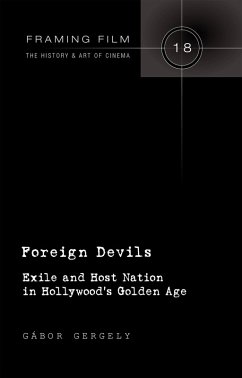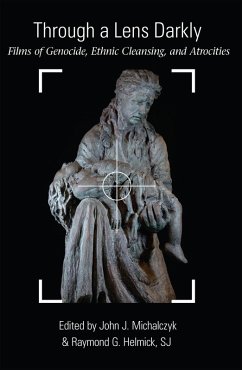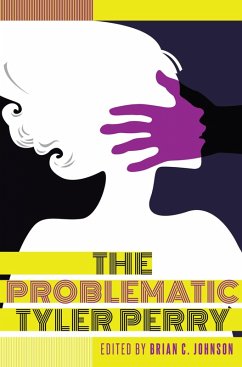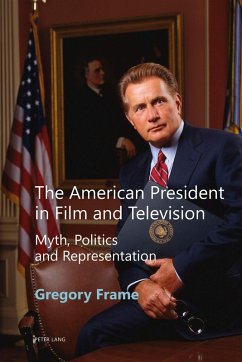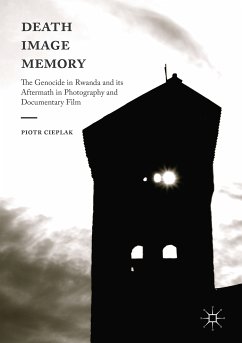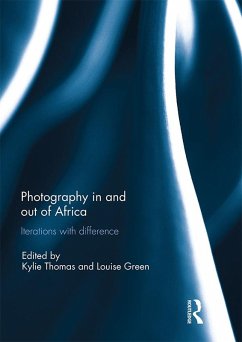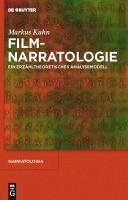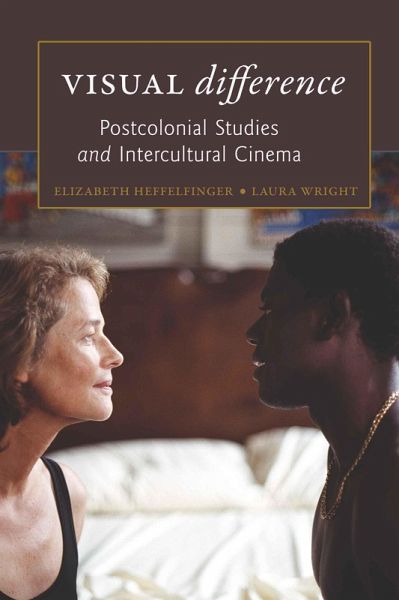
Visual «difference» (eBook, PDF)
Postcolonial Studies and Intercultural Cinema
Versandkostenfrei!
Sofort per Download lieferbar
Statt: 40,50 €**
33,95 €
inkl. MwSt.
**Preis der gedruckten Ausgabe (Broschiertes Buch)
Alle Infos zum eBook verschenkenWeitere Ausgaben:

PAYBACK Punkte
17 °P sammeln!
To date, no text exists that focuses exclusively on the concept of postcolonial film as a framework for identifying films produced within and outside of various formerly colonized nations, nor is there a scholarly text that addresses pedagogical issues about and frameworks for teaching such films. This book borrows from and respects various forms of categorization - intercultural, global, third, and accented - while simultaneously seeking to make manifest an alternate space of signification. What feels like a mainstream approach is pedagogically necessary in terms of access, both financial and...
To date, no text exists that focuses exclusively on the concept of postcolonial film as a framework for identifying films produced within and outside of various formerly colonized nations, nor is there a scholarly text that addresses pedagogical issues about and frameworks for teaching such films. This book borrows from and respects various forms of categorization - intercultural, global, third, and accented - while simultaneously seeking to make manifest an alternate space of signification. What feels like a mainstream approach is pedagogically necessary in terms of access, both financial and physical, to the films discussed herein, given that this text proposes models for teaching these works at the university and secondary levels. The focus of this work is therefore twofold: to provide the methodology to read and teach postcolonial film, and also to provide analyses in which scholars and teachers can explore the ways that the films examined herein work to further and complicate our understanding of «postcolonial» as a fraught and evolving theoretical stance.
Dieser Download kann aus rechtlichen Gründen nur mit Rechnungsadresse in A, D ausgeliefert werden.




